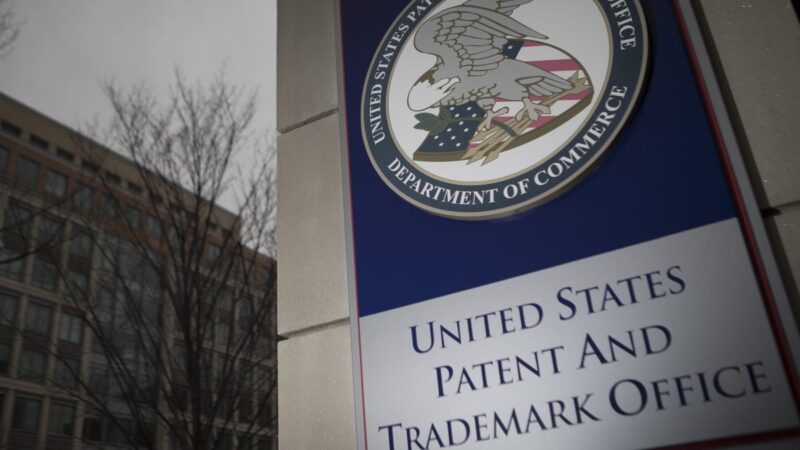Marco Iansiti

Marco is the David Sarnoff Professor of Business Administration at Harvard Business School, where he heads the Technology and Operations Management Unit and the Digital Initiative. He co-founded Keystone Strategy in 2003 and serves as the Chairman of the Board of Directors.
An expert on digital innovation and transformation, Marco has a special focus on strategy, business models, and new product development in high technology industries. He is the author or coauthor of more than 100 publications. His second book, The Keystone Advantage: What the New Dynamics of Business Ecosystems Mean for Strategy, Innovation, and Sustainability was selected as one of the 10 best business books of the year in 2004 by Strategy and Business. Marco advises a variety of Fortune 500 companies with a focus on digital strategies and transformation. He has been a faculty member at Harvard Business School since 1989.


Assessing the Patent and Trademark Office’s Inventorship Guidance for AI-Assisted Inventions
